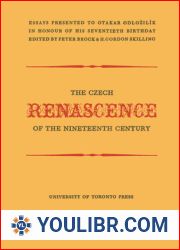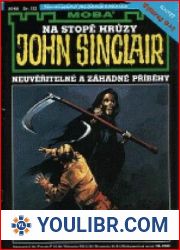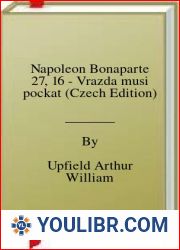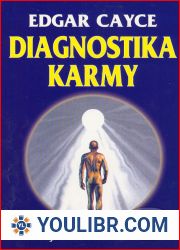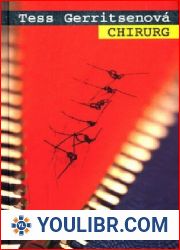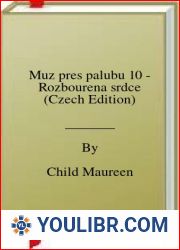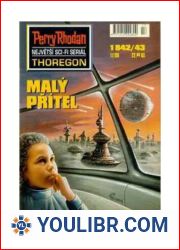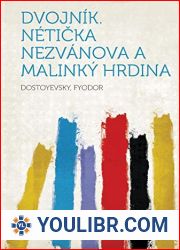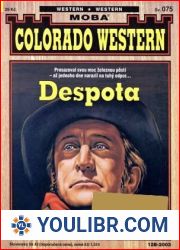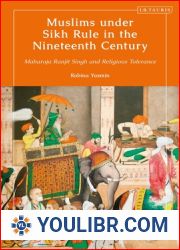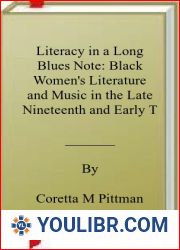
BOOKS - The Czech Renascence of the Nineteenth Century (Heritage)

The Czech Renascence of the Nineteenth Century (Heritage)
Author: Peter Brock
Year: July 19, 2016
Format: PDF
File size: PDF 24 MB
Language: English
Year: July 19, 2016
Format: PDF
File size: PDF 24 MB
Language: English
Literature and historical writing among the Czechs, as among many other nations lacking a political state, played a vital role in promoting national consciousness. This volume, written to honour the seventieth birthday of the eminent Czech historian Otakar Odlozik, contains essays by outstanding scholars from Canada, Czechoslovakia, Britain, and the United States which examine significant episodes in the development of modern Czech nationalism from its origins in the late eighteenth century to the birth of an independent nation after the First World War. The main emphasis is on the middle decades of the nineteenth century, which were crucial for mapping the direction Czech nationalism was to take during the subsequent hundred years. The stand of the Czech and Slovak peoples in the crisis of August 1968 reflected the deep roots of their patriotism which developed during the nineteenth-century national renascence.This volume contains essays on Dobrovsky, the pioneer of Czech language studies, and on Palacky, the author of the first great national history, as well as on other facets of literary history which have influenced national feeling. A Prague scholar investigates the social structure of the early Czech patriotic intelligentsia and reaches conclusions which considerably modify hitherto existing views. Two contributions examine the role of the press in the emergence of Czech nationalism; the Matice Ceska, a leading patriotic literary foundation, is the subject of one of the studies. Slovak and Lusatian Serb, German, and American reaction to the Czech national renascence is examined in a series of chapters. The political expression of Czech nationalism, first during the Year of Revolutions, 1848, and then from the late 1870s until the early years of the twentieth century, is subjected to analysis in several studies. Finally, there is a brief review of the problems associated with the Czech-Slovak background of Tomas Masaryk, the creator of modern Czechoslovakia.A fitting tribute to an outstanding scholar, this volume makes an important contribution to the literature in English on nineteenth-century Czech lands.







